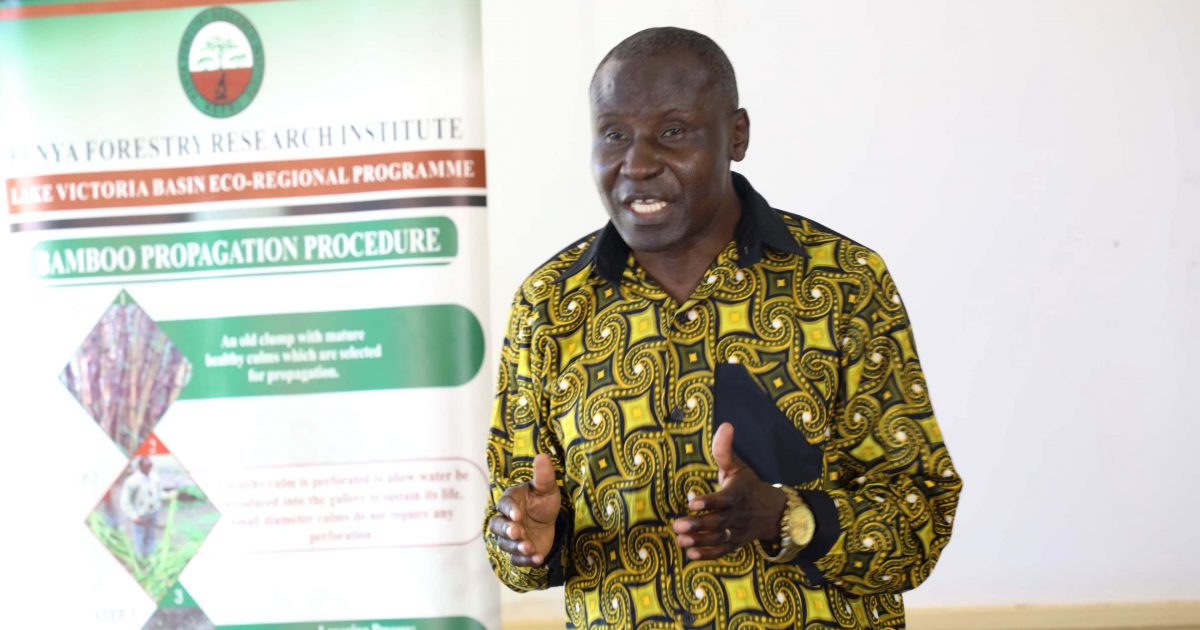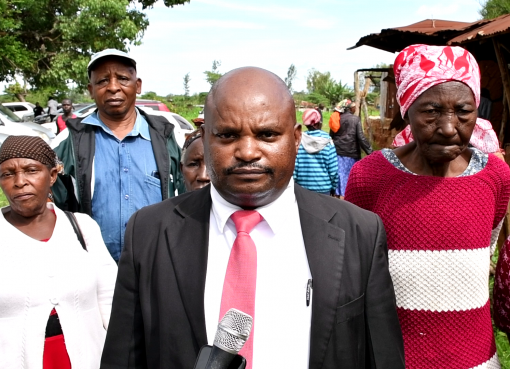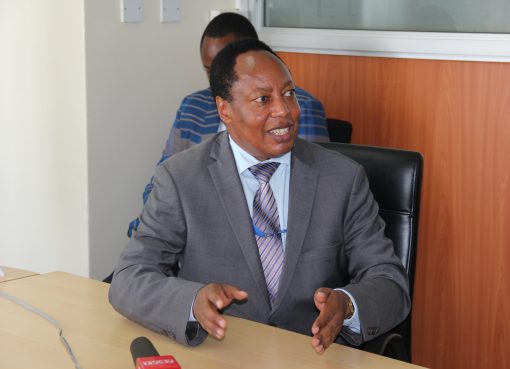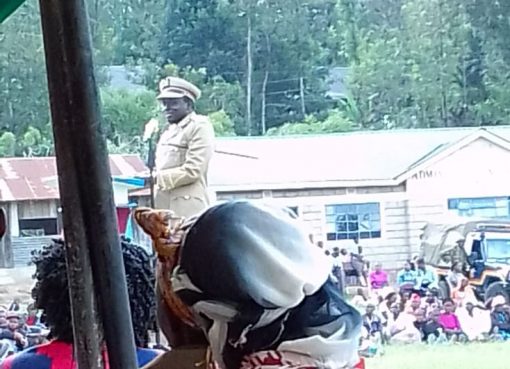Homabay county government has rolled out programme to train community based organization CBOs and self-help groups to contribute towards environment restoration.
The two- day training, aimed at building the capacity of the groups to produce quality seedlings in large quantities, brought together the first batch of the groups from all the wards in Suba South, Suba North Ndhiwa and Homa bay town sub counties.
Speaking during the training held in Rusinga Island, Homabay County Executive Committee Member (CECM) for Environment Dr. Joash Aloo said once produced, the seedlings would be used to restore degraded landscapes and ecosystems in the southern part of the county.
“The programme also aims to contribute to the achievement of Kenya’s target of planting 15 billion trees by the year 2032,” he said. The CBOs and self-help groups were trained on tree nursery establishment and management.
In his opening remarks, Dr. Aloo who is also in-charge of water, irrigation, sanitation, forestry and climate change, called on the participants and the residents to develop deep rooted routines, geared towards protecting the environment by planting more trees, and to foster behavioural change in their practices.
The training, organized by the county govt of Homabay, through the Climate Change Directorate in collaboration with the Kenya Forest Research Institute (KEFRI), is part of the environment component of the financing locally led climate action (FLLoCA) programme.
Migori Assistant Regional Director of the KEFRI Dr. Beryl Otieno said their main aim was to foster collaborations with committed farmers who were ready to plant more trees to combat the negative effects of climate change and to serve as trainers for others.
“We also wish to educate people on planting the right trees in the right location, I mean site matching,” she said.
Sheila Adhiambo, one of the participants of the training thanked the Homabay county government and the World Bank as the sponsor for thinking about the training. Sheila said she would go back to not only her group, but to the whole community and talk to the women and the youth saying she would show them on how they could even establish tree nurseries at their homes.
“We must plant fruit trees because we are also looking at the issues of food security,” she said.
By Moseti Julius





